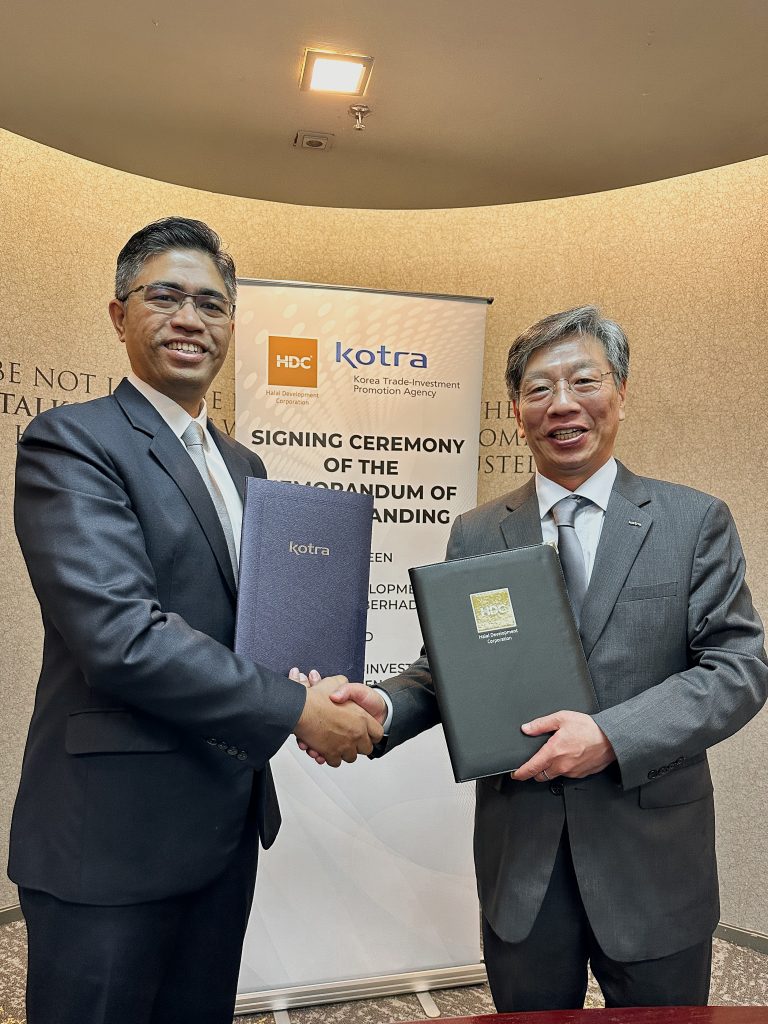In issuing out the halal certification and label,
several requirements and terms has been made under the section 4(1) and
10 (1), making it imperative for authorities responsible for enforcing
the regulations to understand the Order clearly and accurately.
Understanding
the Order will also allow applicants to be familiar with the process of
evaluation and approval, and thus avoid confusion and misunderstanding
between the authorities issuing the certificate and labels and the
certification holder or label user.
The deputy minister also
listed four main requirements while displaying the halal certificate at
any business premise. Firstly, the food item to be consumed by Muslims
must not contain any parts or ingredients from animals prohibited by
Syariah laws. The animal must also be slaughtered according to Syariah
laws. Secondly, the item must not contain anything that is regarded as
najis (ritually unclean) based on the Syariah laws. Thirdly, the food
items must be prepared using equipment which is free from anything that
is regarded as najis. Finally, when preparing or storing the food, it
must not touch or be near food items that have failed to comply to the
first three rules, and anything else that is regarded as unclean.
Requirements for the halal label are similar to that of the
certificate. When the halal label is displayed during business hours,
it indicates that the food available has met four requirements.
The
enforcement and carrying out the law, said the deputy minister, extends
to government agencies such as the Royal Brunei Police Force and
Ministry of Industry and Primary Resources, and is not solely under the
Ministry of Religious Affairs.
The Order was part of the
government’s initiative to assist users by giving knowledge and
acquiring food categorised as quality halal food (halalan taiyiban).
The
food items in the Order includes chewing items, medicines, prepared
ingredients to be sold or distributed for use, basic food and
ingredients.


